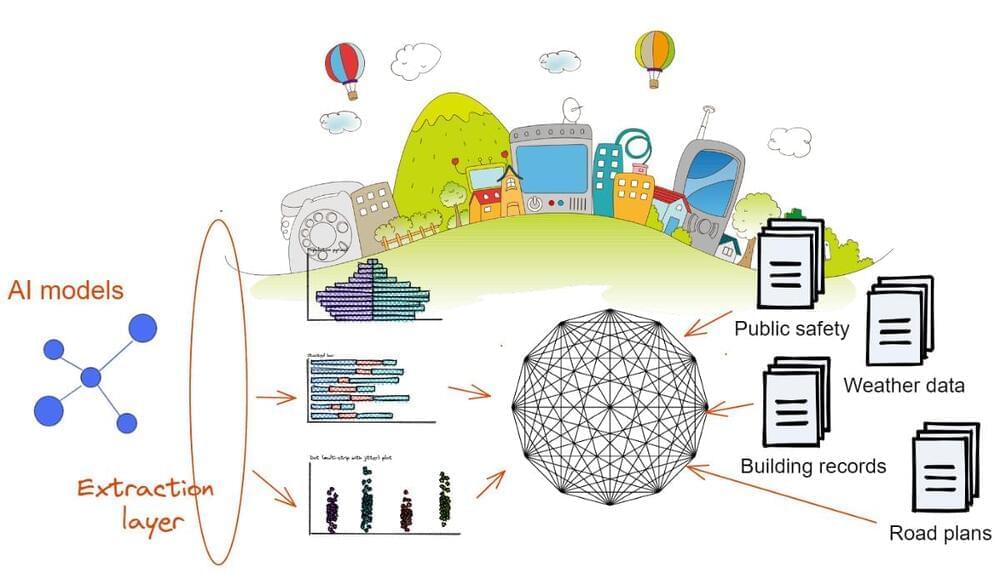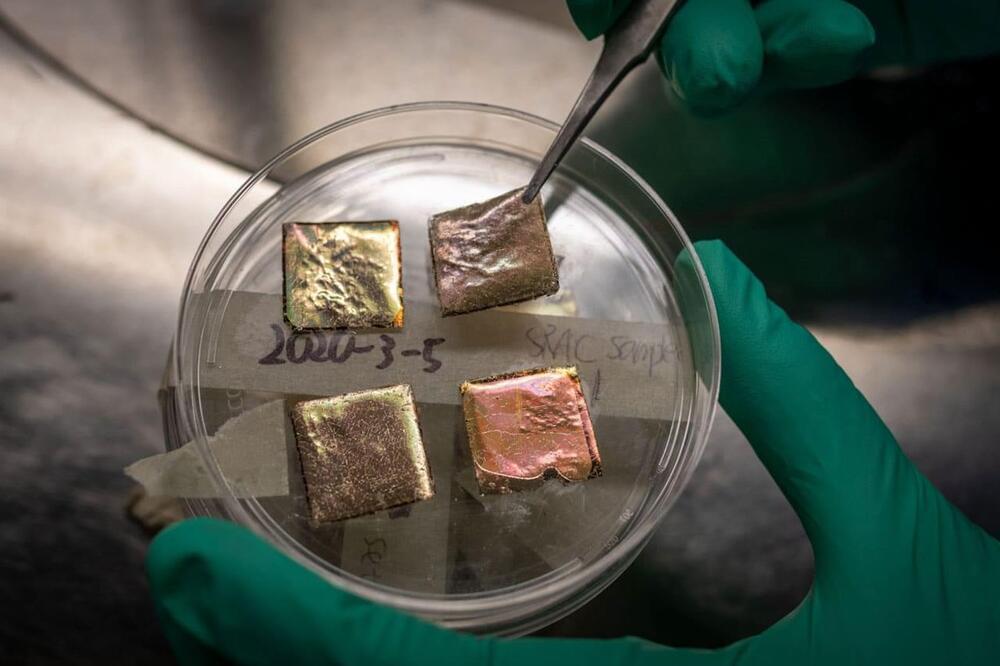A unique moment in history has begun as IoT and the fourth industrial revolution combine to evolve and shift the landscape of manufacturing.


Highly anticipated: Speculation around AMD’s new 3D V-Cache technology has swirled ever since Dr. Lisa Su gave us a sneak peek at Computex 2021. Since then, AMD and tech enthusiasts have remained cautiously optimistic regarding claims that the new chiplet-stacking approach can yield substantial performance gains with minimal impact to latency, responsiveness, and overall functionality. A recent test of an EPYC processor with V-Cache is giving early indication that AMD’s performance uplift claims may just hold true.
No one was quite sure what to expect when AMD announced their 3D V-Cache technology at Computex last summer. While some enthusiasts saw the substantial increase in cache as an exciting development, others in the community found themselves upset that the new offerings would not offer substantial increases in clock speed, improvements in power draw, etc. Last Friday tech news outlet Chips and Cheese published results of their initial testing with one of AMD’s new Milan-X processors with 3D V-Cache, the server-oriented EPYC 7V73X. And so far, things look promising.
According to the site’s summary, AMD has managed to substantially increase a processor’s cache size (768MB) in comparison to the previous Milan family of processors (256MB). Testing by Chips and Cheese reports impressive performance from the stacked CPU and much larger L3 cache without incurring any significant increase to cache and memory latency. Initial testing shows the latency penalty keeping the increase somewhere between three to four cycles.


Apple’s digital car key feature might soon be useful for unlocking more than a handful of BMW models. In his latest newsletter, Bloomberg’s Mark Gurman claimed Hyundai and its upscale Genesis badge will support Apple CarKey “by the summer.” It’s not certain which models would provide the option, but it’s notable that some trim levels of the Ioniq 5 and other Hyundai cars include NFC for a (currently proprietary) digital key.
While remote lock controls have been available through smartphones for a while, CarKey (and its Android equivalent) treats the phone more like a physical key. You just have to bring your phone or Apple Watch to the door handle to unlock it, and you can even place your phone in a given area to start the car. People with ultra-wideband iPhones (such as the iPhone 11 and newer) can even leave their phone in their pocket when opening and starting the vehicle.
If the leak is accurate, Apple’s move could significantly expand the audience for digital car keys — you wouldn’t need to shop from one high-end marque to even consider it. A deal would also suggest the tussle over a possible EV collaboration wasn’t enough to deter Apple and Hyundai from exploring a CarKey team-up.
This website is dedicated to space and new developments in technology sector including new discoveries.

A new technology solution that will provide low-power systems for use in bionic eyes, has been jointly developed by academics from the Harbin Institute of Technology in China and Northumbria University.
Working in partnership with a research group led by Professor PingAn Hu from the Harbin Institute, Northumbria’s Professor Richard Fu described their newly developed method for controlling the artificial synaptic devices used in bionic retinas, robots, and visual prostheses, as a “significant breakthrough.”
The team discovered that injecting elements of the soft metal, indium, into a two-dimensional (2D) material called molybdenum disulfide (MoS2), could improve electrical conductivity and reduce power consumption of the optical synapses used in the development of bionic eyes.

Most toilet models flush away waste with gallons of water. Instead, the BeeVi toilet – a portmanteau of the words’ bee’ and ‘vision’ – use a vacuum pump to suck shit into an underground bioreactor, which means it uses less water. The energy-producing toilet system is much smaller than the existing flushable toilets, as it treats human excrement without using water.
The system utilizes a natural biological process to break down human waste into a dehydrated odorless compost-like material. Once these powdered feces are transferred to the Microbial Energy Production system, they can later be converted to methane, which becomes a source of energy for the building, powering a gas stove, hot-water boiler, and solid oxide fuel cell.
“If we think out of the box, faeces has precious value to make energy and manure. I have put this value into ecological circulation,” the inventor Cho Jae-weon said.

Berkeley Lab engineers have developed an all-season smart roof coating that keeps homes warm during the winter and cool during the summer without consuming natural gas or electricity. The all-season roof coating automatically switches from keeping you cool to warm, depending on outdoor air temperature.
The problem with many cool-roof systems currently on the market is that they continue to radiate heat in the winter, which drives up heating costs, explained Junqiao Wu, a faculty scientist who led the study. “Our new material – called a temperature-adaptive radiative coating (TARC) – can enable energy savings by automatically turning off the radiative cooling in the winter, overcoming the problem of overcooling,” he said.
The key to the technology is a strange compound called vanadium dioxide (VO2). In 2017, Wu and his research team discovered that electrons in vanadium dioxide behave like metal to electricity but an insulator to heat. Below about 67 degrees Celsius, vanadium dioxide is also transparent to thermal-infrared light. But once vanadium dioxide reaches 67 degrees Celsius, the material switches to a metal state, becoming absorptive of thermal-infrared light. This ability to switch from one phase to another – in this case, from an insulator to metal – is characteristic of what’s known as a phase-change material.

A wind power company, SheerWind, from Minnesota USA has announced its new Invelox wind power generation technology. The company says its turbine could generate six times more energy than the amount produced by traditional turbines mounted on towers.via: News Direct
Source/image: News Direct